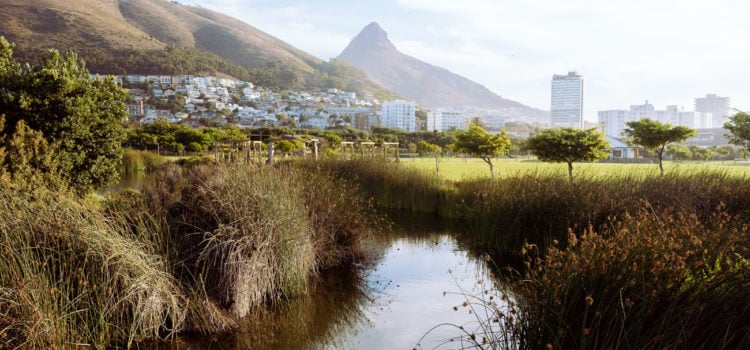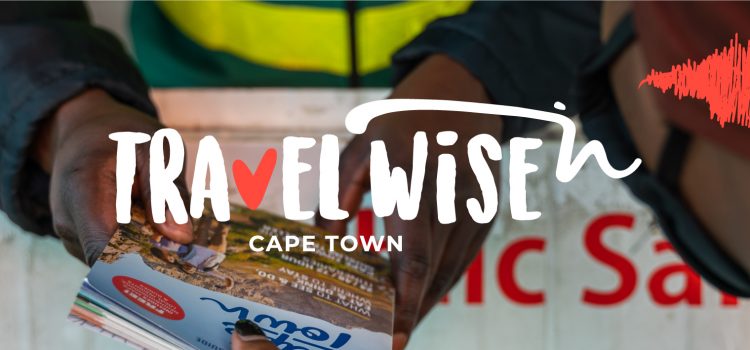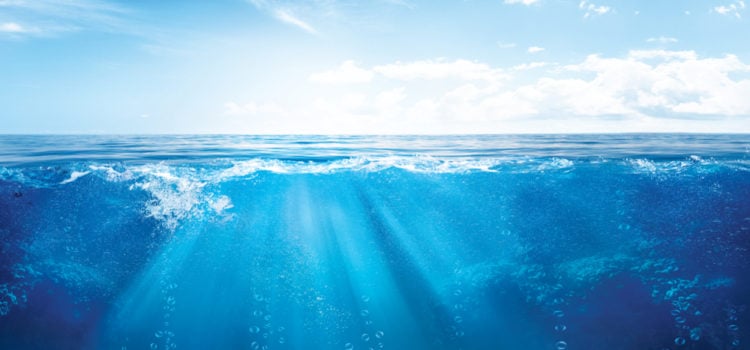Conserving Water
Cape Point has notices up requesting customers to use water sparingly due to the water restrictions. Hand sanitizers are available in the ablution facilities. Cape Point installed mist sprays on the taps at the Top Station ablution facilities, to reduce water usage. Automated sprinkling systems have been disconnected – watering of gardens done sparingly. Two Oceans Restaurant at Cape Point has tightened up water usage without compromising the health and safety standards. Cape Point’s main ablution facilities (SANParks) make use of grey water.
Using Energy Efficiently
Cape Point uses energy-saving LED globes and energy-saving light bulbs. Air-conditioners are used sparingly, only on days when absolutely needed. All appliances are turned off when not in use. The funicular operates on less electricity due to the magnetic drive system, that gives off very little noise and no emissions which make the system environmentally friendly.
Reducing & Managing Waste
All cleaning materials used are SANParks-approved environmentally friendly products. The Food Shop use biodegradable cups, coffee lids, straws, containers and compostable cutlery – all condiments are kept in metal containers. City of Cape Town does the recycling of plastic and glass materials for Cape Point.
Universal Access
Our facilities have dedicated disabled parking bays which SANParks rangers direct visitors to. The ticket offices and waiting areas are accessible via ramps. The funicular is wheelchair-friendly (visitors in wheelchairs are given priority access with a purchased funicular ticket). Ablution facilities at Cape Point are wheelchair-friendly. The restaurant and curio stores are equipped wheelchair access. We have a free downloadable audio tour that visitors can use to have a self-guided tour of Cape Point, in their own time. This works well for people with limited mobility (they can take their time) and those who have partial hearing problems (they can adjust the volume accordingly).
Building Communities
By employing staff from the surrounding areas, many of which are seen as disadvantaged communities, Cape Point uplifts creates job opportunities in a fairly remote area. Most of our CSI initiatives focuses on NGOs and organisations in the surrounding areas as well. These include book drives, blanket drives, beach clean-ups and year-end parties and stationery drives schools such as Red Hill Preschool, HOKISA (a home for children affected by HIV), New Life and Tiny Tots in Ocean View. Our head chef and his team are also involved in feeding schemes in the Ocean View area, where they use their expertise to provide meals to people in the community. We do drives further afield as well, since our head office is not based at Cape Point – these initiatives include nappy drives and sponsorships for fundraisers.
Developing Skills
Cape Staff members are regularly sent on skills development courses to empower themselves. We enrol them in various courses from computer training to customer service workshops to ensure that all staff are equipped with the necessary skills to perform their duties, and others, when needed. We have regular training sessions with Service Gurus, who will advise about our progress and which areas need work. All staff members attend the training so that service is consistent. Staff members who show interest in courses they’ve identified are also encouraged to apply for these courses and the training is covered by Cape Point.
Supporting Enterprise Development
Cape Point and Tourvest Destination Retail ran a competition for local artists to get their products sold at the Cape Point curio stores. A local woman won and now supplies various Tourvest curio stores with fridge magnets that she makes. This is one of the initiatives we started at Cape Point and will continue to do in different formats (not necessarily a competition). Many of the curios at the stores at Cape Point are locally made, specifically for Cape Point.
Buying Responsibly
The Two Oceans Restaurant is South African Sustainable Seafood Initiative (SASSI) accredited which means that no red-listed species on the menus. With a focus on promoting sustainable choices, this provides customers with enough information to dine with peace of mind. All food is purchased in bulk to reduce packaging and fresh fruit and vegetables are purchased in containers instead of pre-packed.




